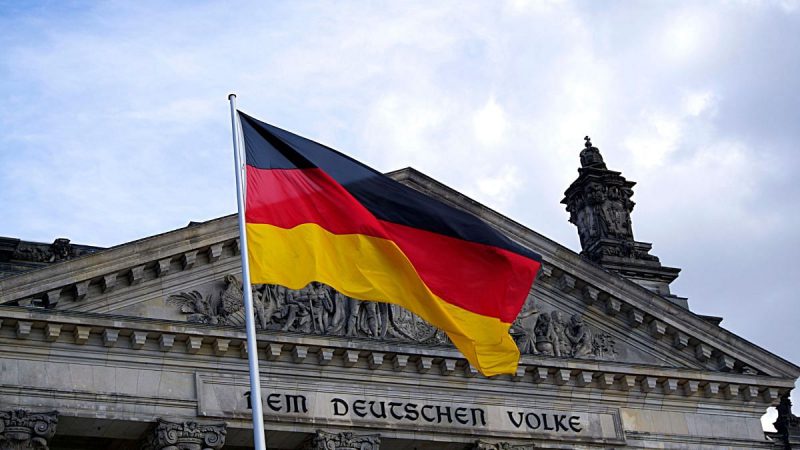Germany officially entered a recession in the first quarter of 2023. According to the German statistics office on Thursday, Q1 2023 GDP (gross domestic product) was revised lower from zero to -0.3%. This followed a 0.5% decline in the last quarter of 2022. A technical recession occurs with two consecutive quarters of negative growth.
JUST IN: 🇩🇪 Germany officially enters recession.
— Watcher.Guru (@WatcherGuru) May 25, 2023
Pressure has been mounting on Germany, the biggest economy in Europe, especially in the wake of Russia’s invasion of Ukraine. Germany, like many other European nations, was greatly dependent on Russia for its energy needs.
The statistics office reported that first-quarter household spending in Germany significantly decreased. Over that time, final consumption expenditure decreased by 1.2%. Additionally, people were hesitant to spend their money on things like cars, furniture, clothing, and other items. According to Claus Vistesen, chief euro zone economist at Pantheon Macroeconomics,
“Germany did fall into recession at the end of last year.”
Will Germany rebound from its recession any time soon?
According to Vistesen, the German GDP will not continue to fall. However, we will not see a
“strong recovery either.” Franziska Palmas, on the other hand, believed that we may see “further weakness from here.” Palmas is a senior Europe economist at Capital Economics. Palmas further said that “higher interest rates will continue to weigh on both consumption and investment.” Moreover, he added that exports may suffer amid economic weakness.
The most recent economic development is taking place against a backdrop of widespread high inflation and interest rates. At its upcoming meeting on June 15, the European Central Bank is anticipated to hike rates once more. Since July, the central bank has increased interest rates by 375 basis points.
Joachim Nagel, the governor of the German central bank, stated earlier this week that the ECB will be raising interest rates “several” more times. He is one of the central bank’s most hawkish members.





